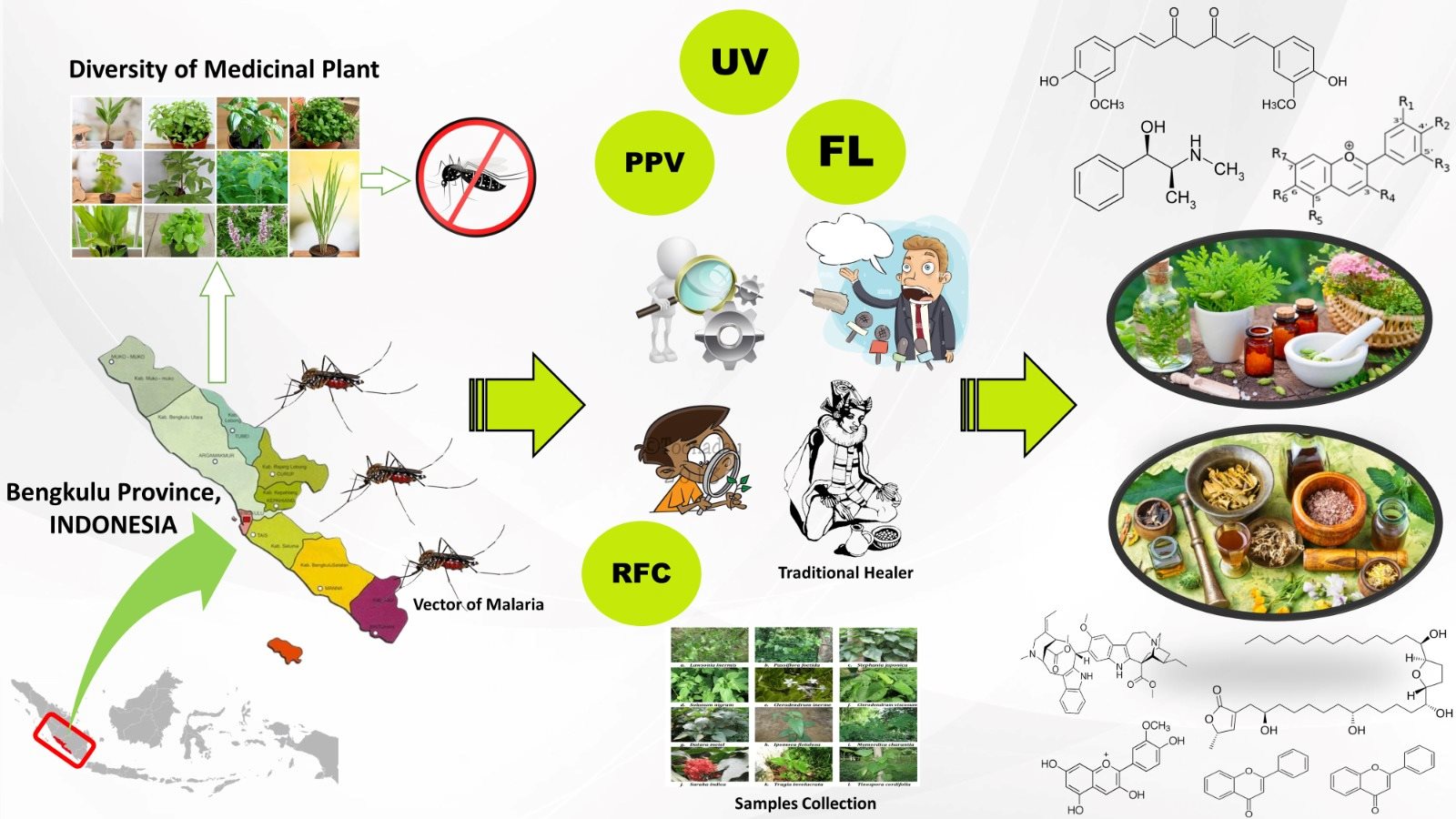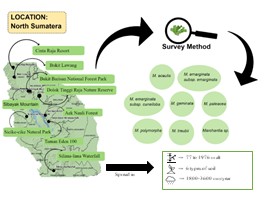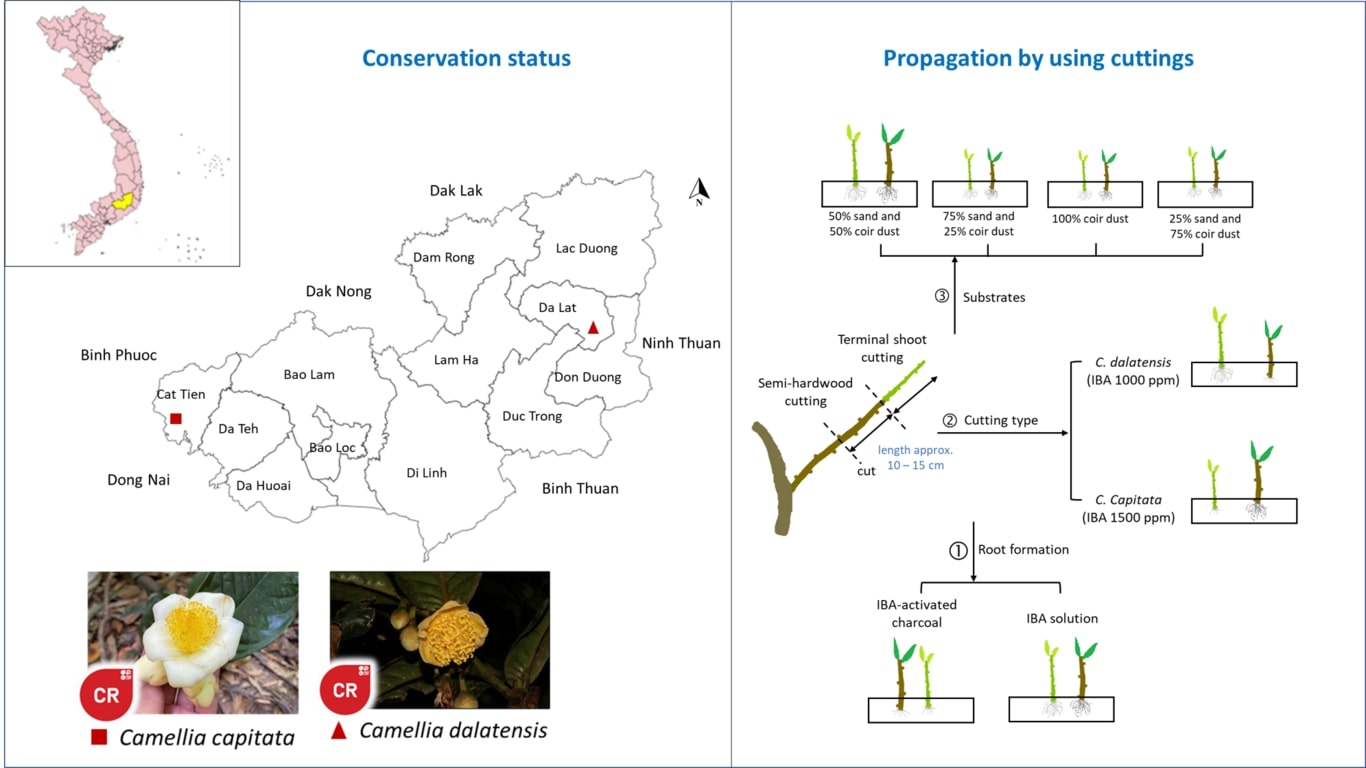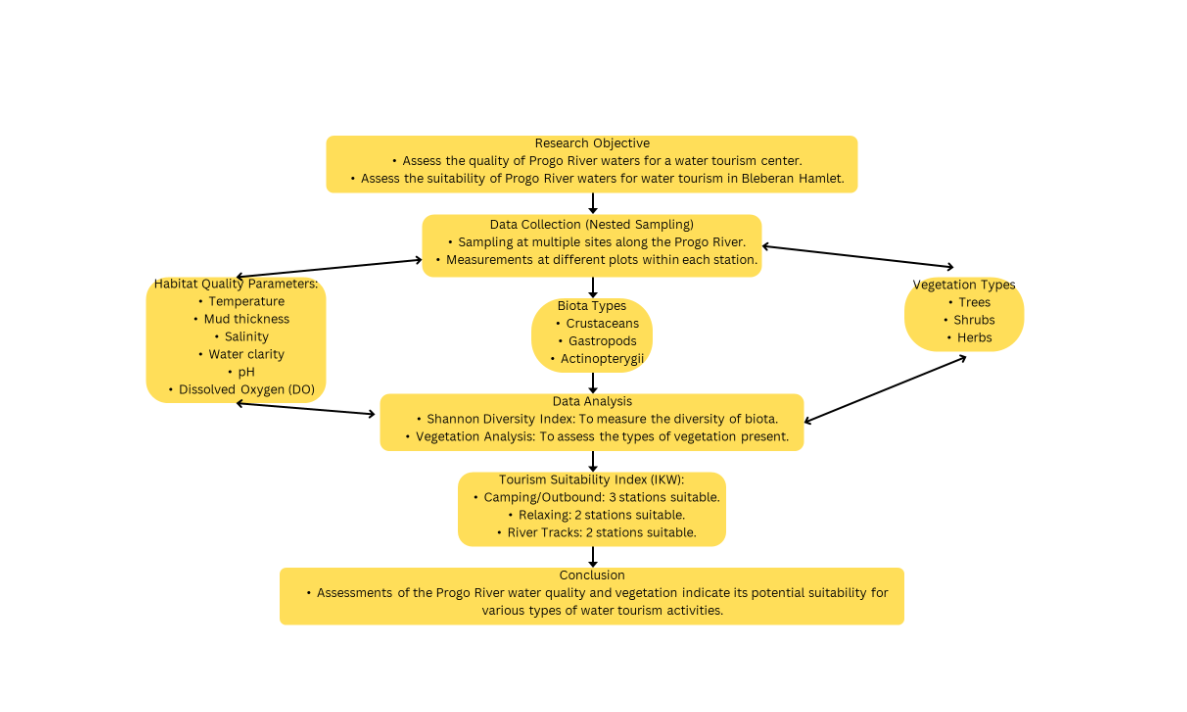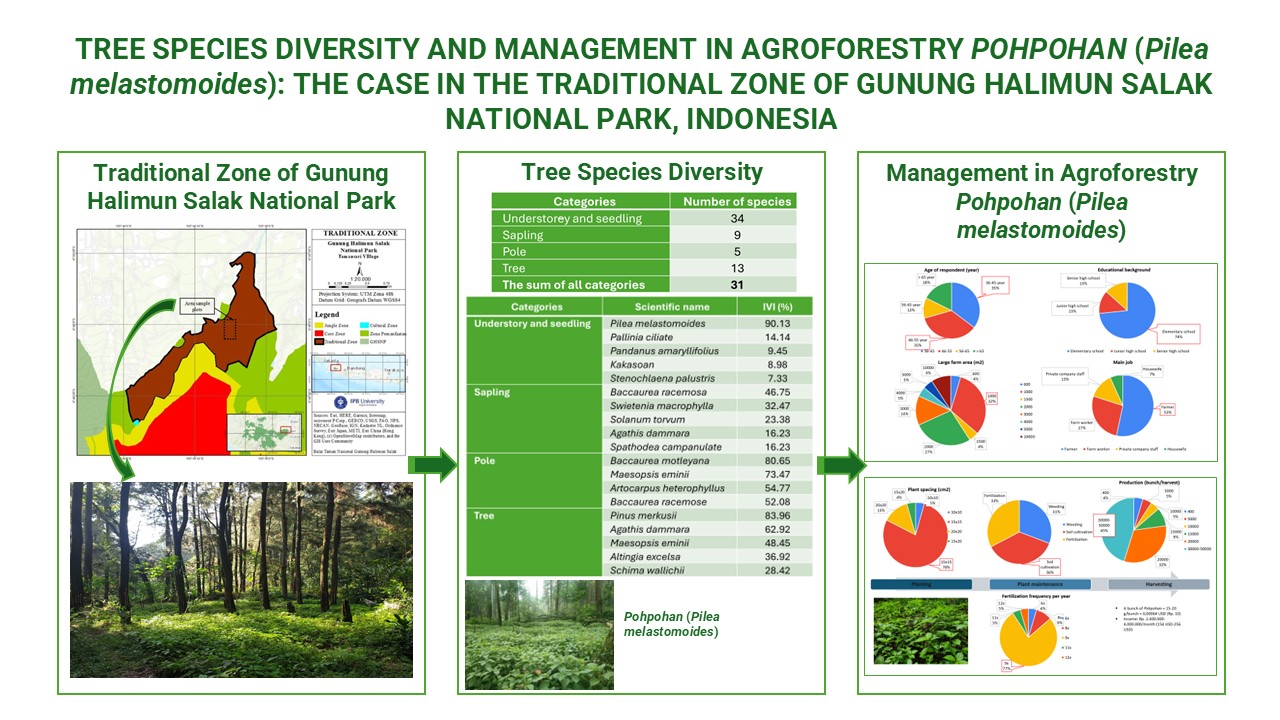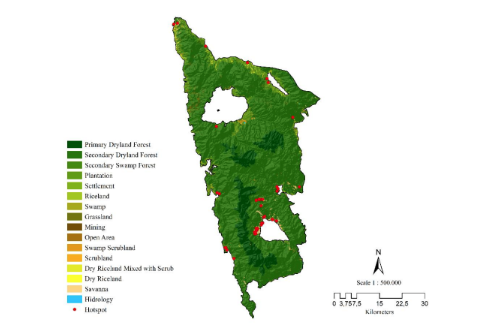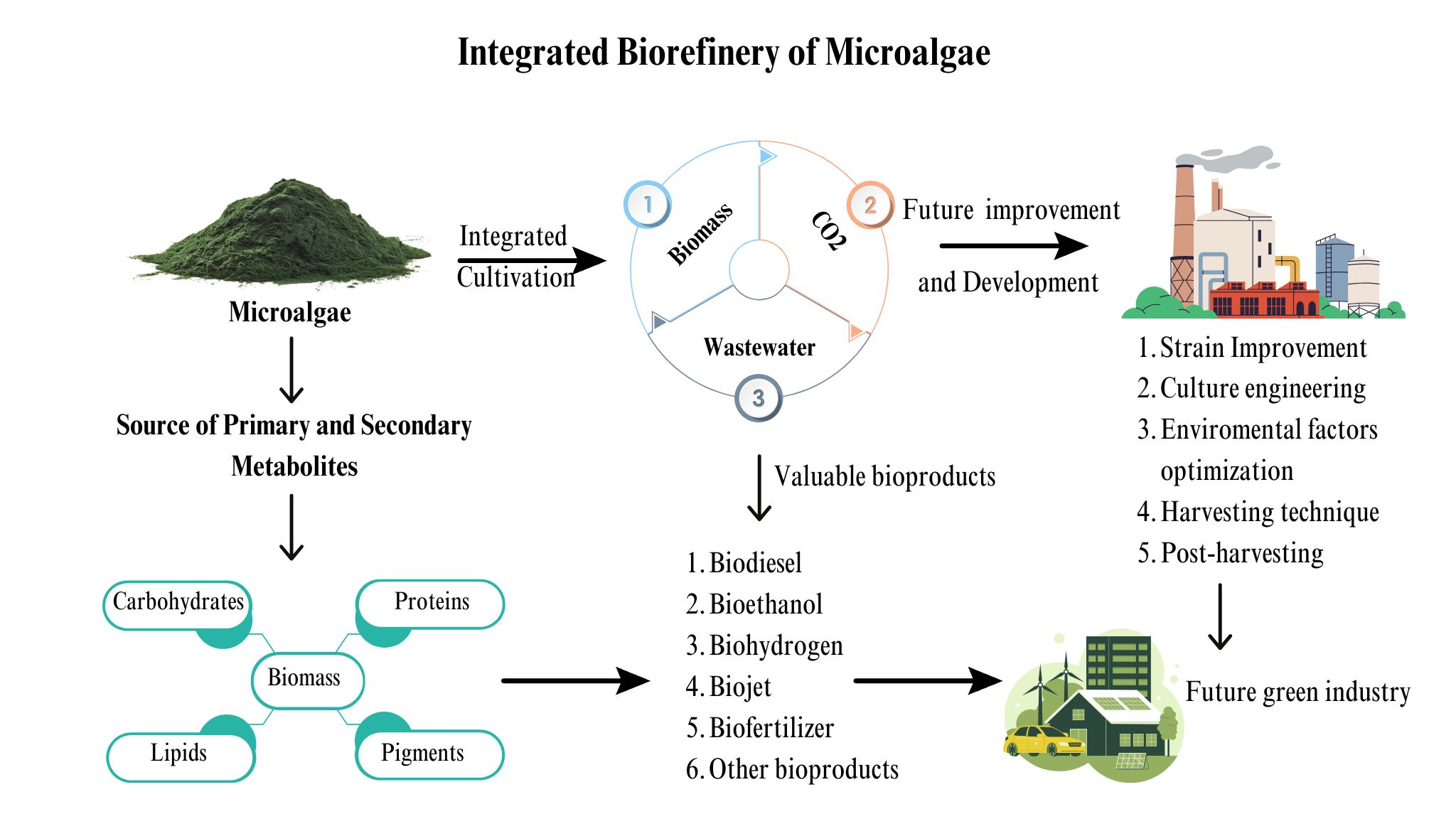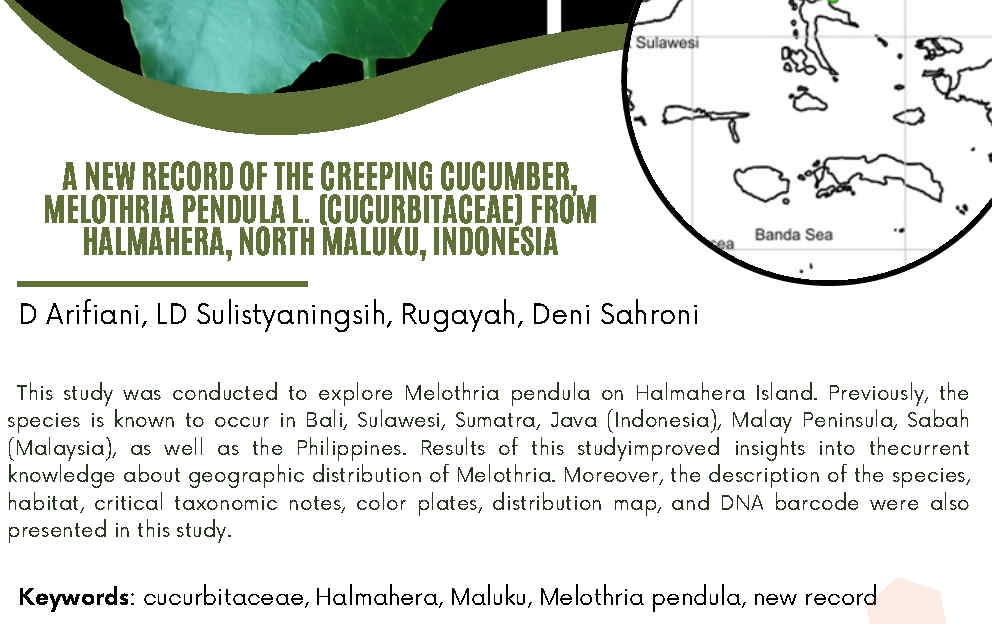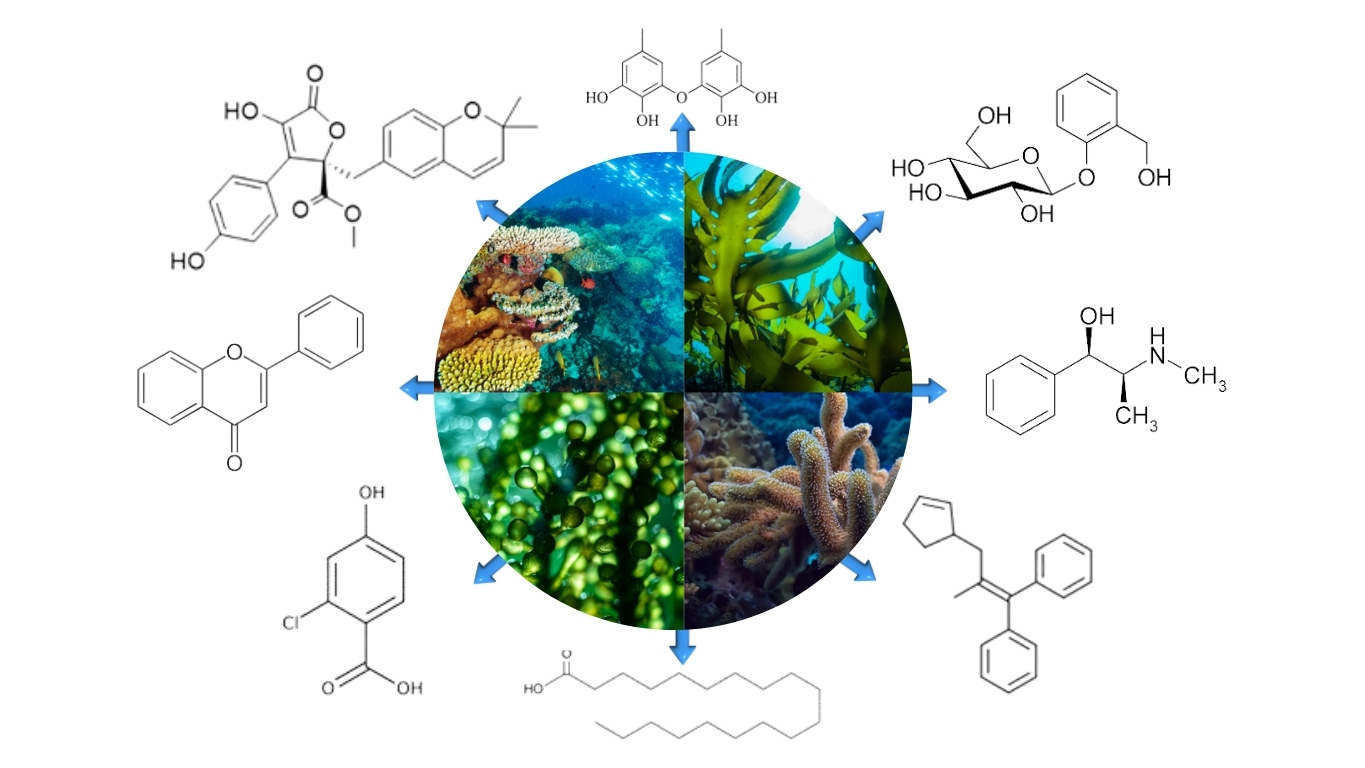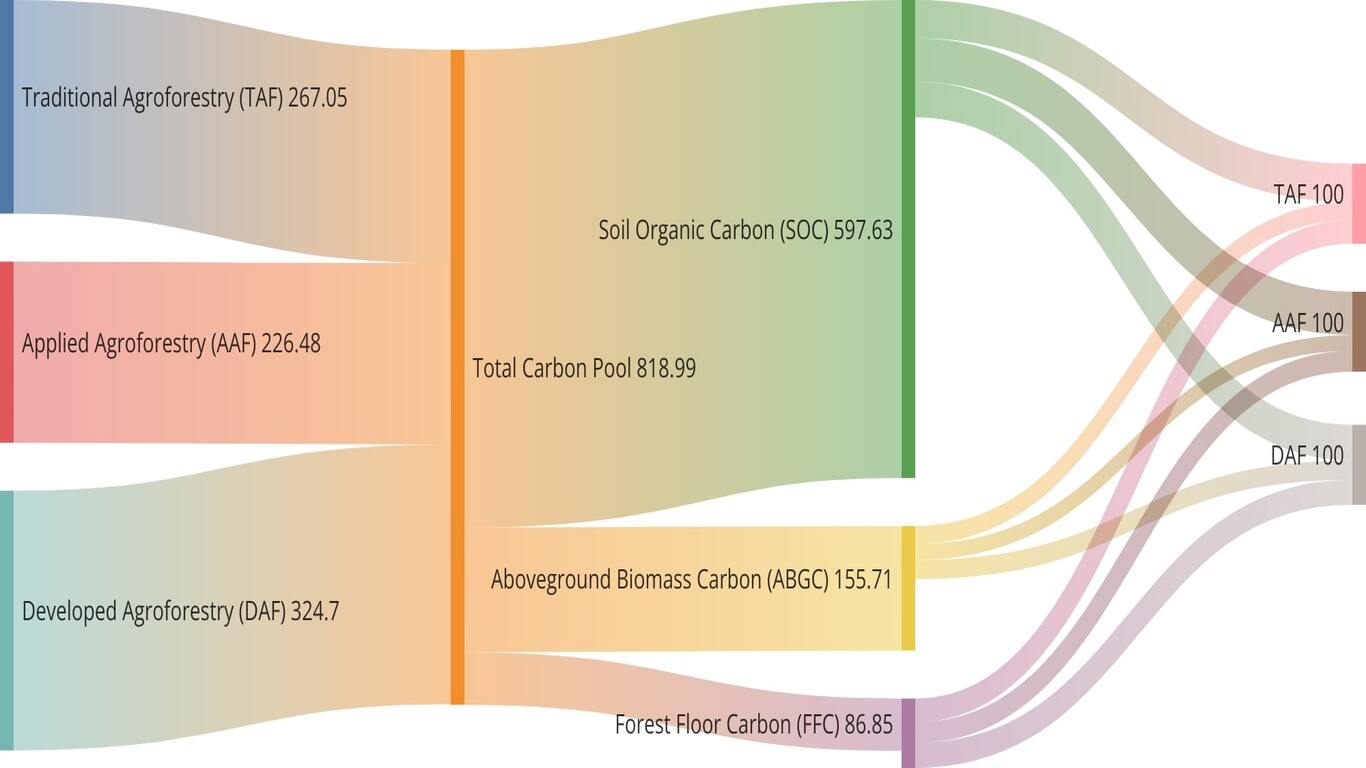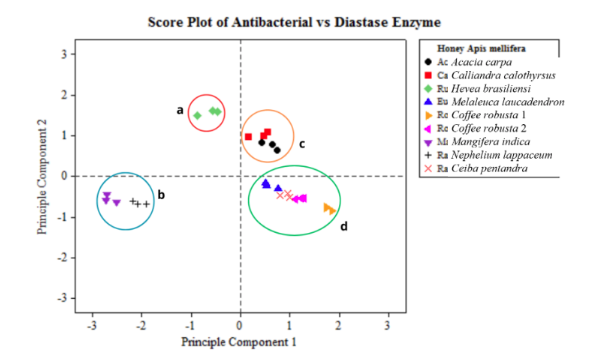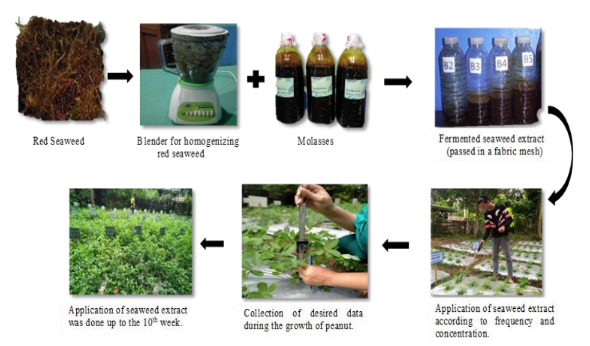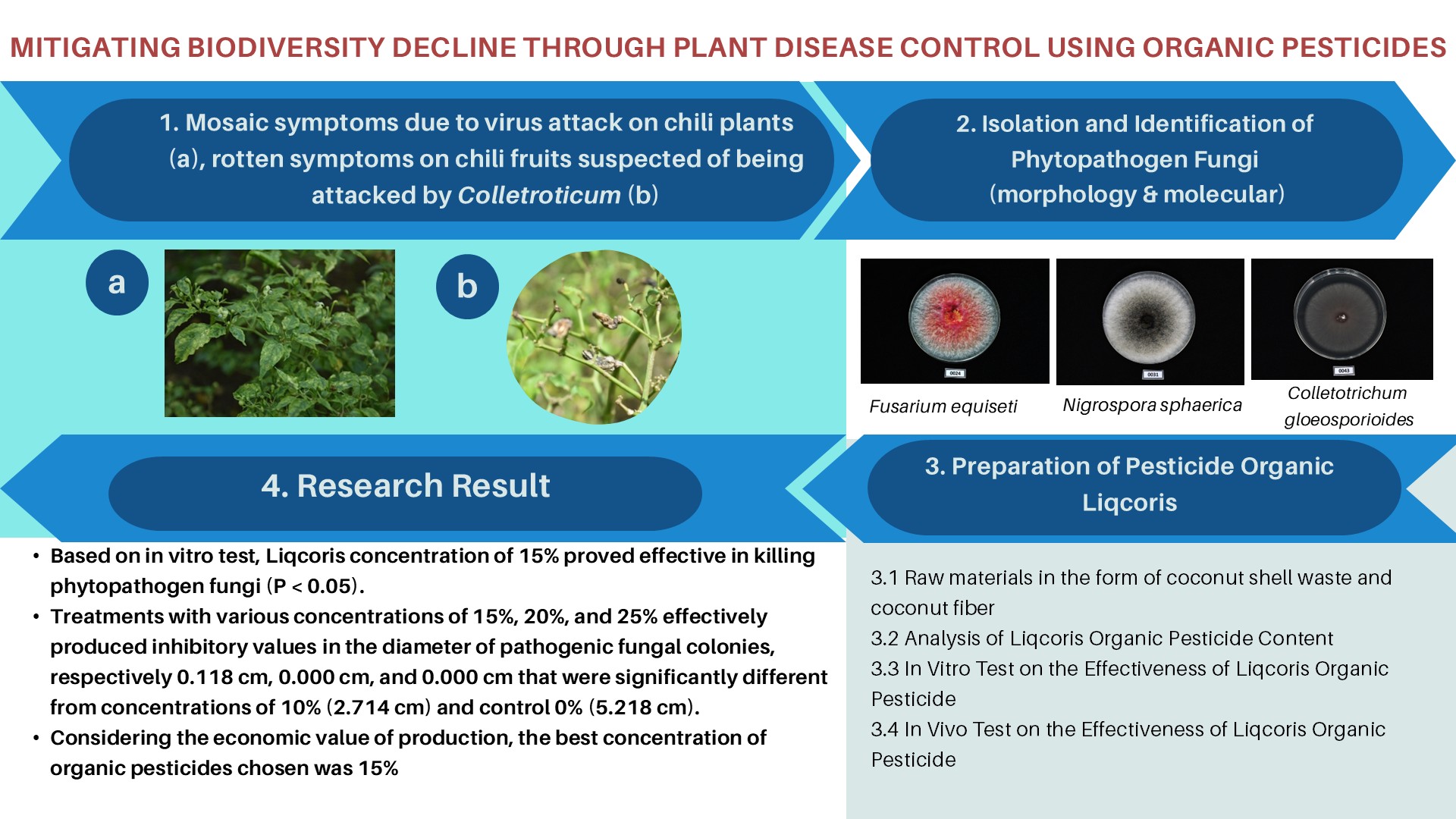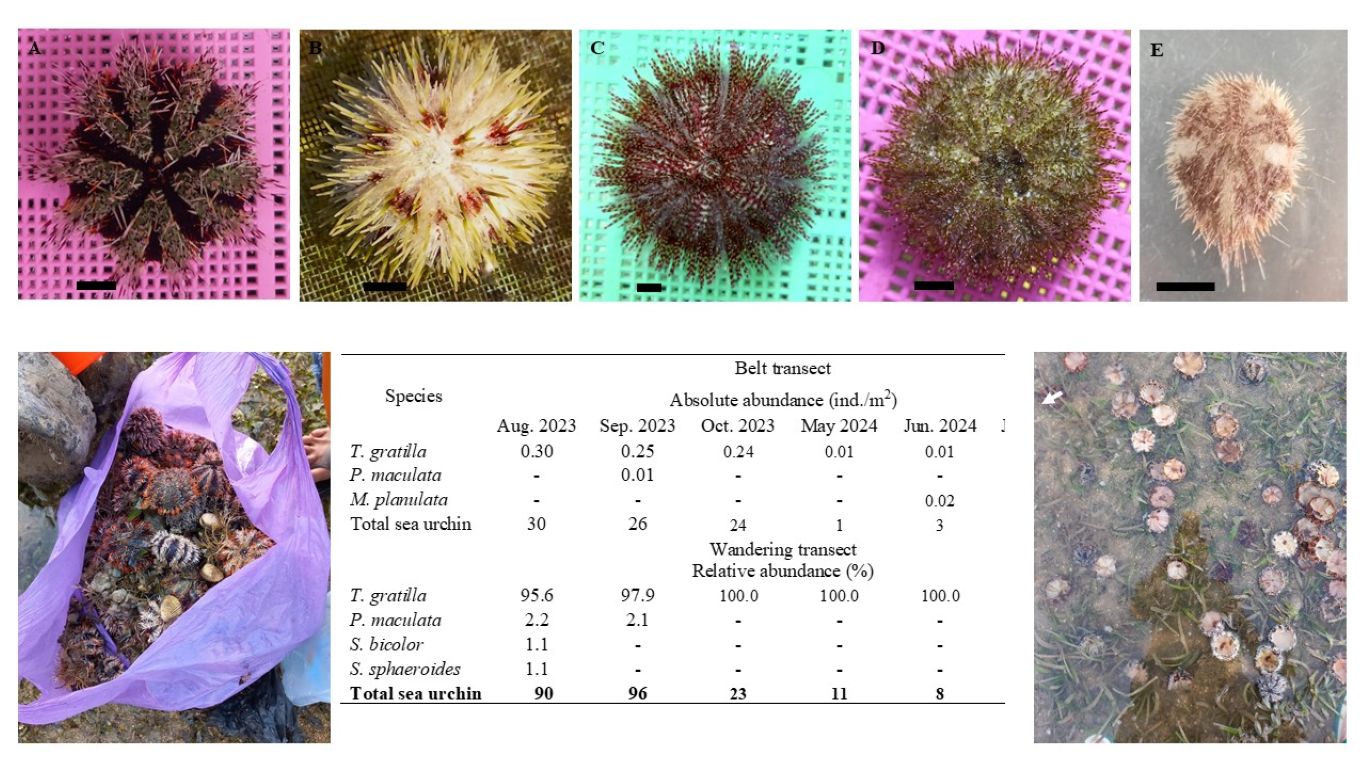ISOLATION AND SELECTION OF ALKALINE PROTEOLYTIC BACTERIA FROM LEATHER PROCESSING WASTE AND ENZYME CHARACTERIZATION
No. 22 (2004)
Research Paper
November 17, 2011
Downloads
The aims of this experiment were to isolate alkaline protease producing bacteria from leather processing waste,
and to study the biochemical properties of the enzyme produced by the selected bacteria.
Nine bacterial isolates incubated at 37"C, revealed proteolytic activity on skim milk containing media. Four
isolates were grown at pH 9 and another four isolates at pH 10 and only one isolate at pH 11. However, in further subculture,
there were only three isolates that showed proteolytic activity, namely, D2, D7, and Dl l . Among the three isolates, isolate
D2 was the highest protease producer. The highest protease production (36.5U/L) was reached after a 36-hr fermentation at
pH 9.
The optimum activity of D2 protease was observed at pH 8 and 60"C. The enzyme was stable at pH range of 7-10, and at
temperature of 52-62"C. In the presence of 5mM EDTA or PMSF, the crude enzyme activity decreased to 7.04% and 23.29%
respectively, which indicated that the enzyme might be a metal dependent serine protease. Zymogram analysis revealed the
molecular weight of the enzyme was about 42.8kD.
Keywords:Â leather/ waste/protease/alkaline
WAHYUNTARI, B., MUBARIK, N. R., & ANGGARANi, M. (2011). ISOLATION AND SELECTION OF ALKALINE PROTEOLYTIC BACTERIA FROM LEATHER PROCESSING WASTE AND ENZYME CHARACTERIZATION. BIOTROPIA, (22). https://doi.org/10.11598/btb.2004.0.22.204
Downloads
Download data is not yet available.
Authors who publish with this journal agree with the following terms:
- Authors retain copyright and grant the journal right of first publication, with the work 1 year after publication simultaneously licensed under a Creative Commons attribution-noncommerical-noderivates 4.0 International License that allows others to share, copy and redistribute the work in any medium or format, but only where the use is for non-commercial purposes and an acknowledgement of the work's authorship and initial publication in this journal is mentioned.
- Authors are able to enter into separate, additional contractual arrangements for the non-exclusive distribution of the journal's published version of the work (e.g., post it to an institutional repository or publish it in a book), with an acknowledgement of its initial publication in this journal.
- Authors are permitted and encouraged to post their work online (e.g., in institutional repositories or on their website) prior to and during the submission process, as it can lead to productive exchanges, as well as earlier and greater citation of published work (See The Effect of Open Access).









